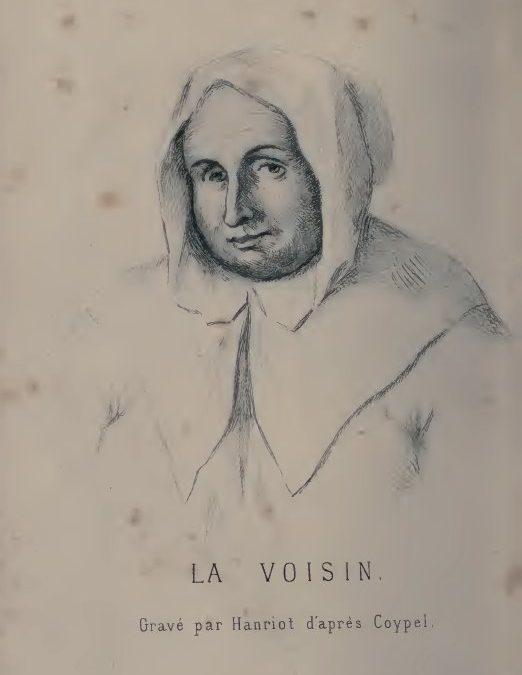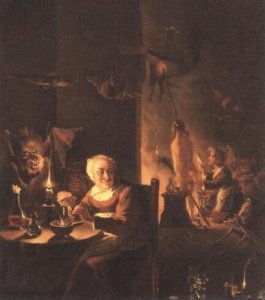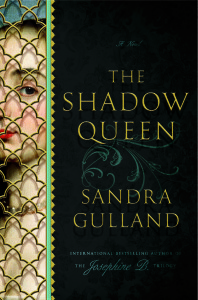
Claude des Oeillets: was she guilty of dealing in witchcraft?
On reading the book Strange Revelations, I was convinced that Claude des Oeillets, the heroine of the novel I am writing, was guilty of dealing with the witch Madame Voisin.
The testimonies against Claude recorded in the Bastille Archives are overwhelming in number and detail. How could so many people be wrong?
Les Des Oeillets: une grande comédienne, a biography about Claude des Oeillets and her mother
Now, having read and reread Jean Lemoine‘s Les Des Oeillets: une grande comédienne, une maitresse de Louis XIV, I’m not so sure.
Jean Lemoine is one of those wonderfully careful historians who documents every claim. The book is, in fact, made up of documents: leases on houses, money loaned, money paid, last wills and testaments. The stuff of history.
The witch Voisin
What’s telling, to me, is that Madame Voisin insisted, under terrible torture, right up to the day of her execution, that she’d not had any dealings with either Claude des Oeillets or her employer Athénaïs de Montespan.
Voisin had squealed on many, many others at court, most of them high-and-mighty. There was nothing to be gained in not mentioning Claude des Oeillets or Montespan. What would be her motivation?
Possibly: to tell the truth?
The accusations poured in from other prisoners after Voisin’s execution. What I’ve learned from Lemoine’s work is that Claude was called in by Louvois, the Minister of War, and, horrified by what was being said, insisted on being shown to her accusers. She swore on her life that they would not know her.
The “test” was unfortunately mishandled (as noted later by minister Colbert): Claude des Oeillets wasn’t shown to the prisoners with other people. The prisoners had been grilled shortly before about Claude. It was easy enough for them to guess who she was.
She insisted on another meeting with Louvois, pleading her case. This was followed up with a letter, in which she offered explanations. Louvois—who would have been happy to find any evidence compromising Athénaïs de Montespan—was ultimately convinced of her innocence … as was the King and Colbert.
Conclusion: Was Claude des Oeillets guilty?
And so: I’m not yet sure. The reason why Claude’s guilt or innocence is critical is because it directly implicates Athénaïs—the Shadow Queen of France at that time. I’ve ordered Jean Lemoine’s book on Athénaïs and the Affair of the Poisons. Until then, I remain puzzled, unconvinced either way.
Note: this post was written while I was researching and writing The Shadow Queen. If you have read the novel, you will know that I reached the conclusion that Claude (“Claudette”) was both guilty and innocent.



